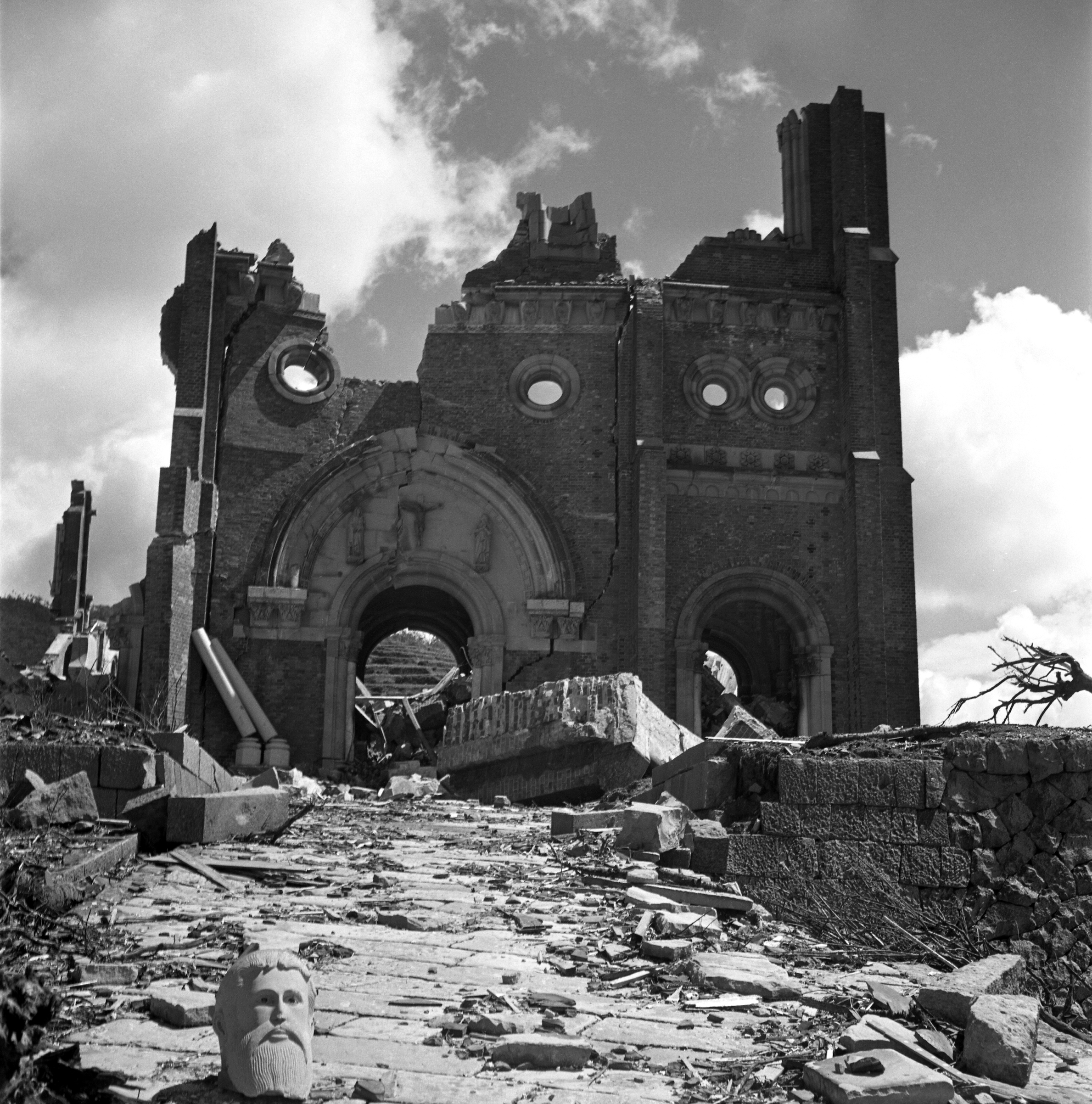
GROSS: Why do you think a second weapon was used at Nagasaki? Ironically, one of the things that held them back was waiting for the atomic bomb to be finished and to be ready. So at the very top of Truman's advisory group, there was that advocacy and that position. And that position won over John McCloy, who was one of Stimson's closest advisers and also presented it to President Truman.

And by not doing that, we strengthened the hand of the more fanatical Japanese who didn't want to surrender under any conditions.

And it was stated so among Truman's advisers.įor instance, Joseph Grew, who was acting secretary of state during part of that period and who knew Japan well, strongly advocated that we look into precisely that kind of negotiation because he thought that maintaining the emperor was the only condition that the Japanese were holding to. Almost any historian who studies these materials comes to that sense of it being at least a very good possibility. That isn't just an impression that I have, or that such leading historians as Barton Bernstein and Martin Sherwin and Gar Alperovitz have - many others as well. LIFTON: There's a lot of evidence of a very good possibility that Japan would have surrendered if an effort at negotiation was initiated by us or responded to by us with the condition that the emperor be maintained. GROSS: Do you have information that leads you to believe that we could have had a peace with Japan, that Japan would have surrendered had it not been for the atom bombs? Now, again, the Japanese bear some blame because they did initiate the war, but it's a way of exonerating America and completely militarized what was really an attack on a whole city. But the press release presented it as a strictly military action, and it blamed, more or less, the Japanese for this particular event. It was targeted on civilians, and it was meant to destroy the city. But there was also a city of 300,000 people, and the bomb was aimed at the center of the city. It was a staging area for Southeast Asia and an important one. Because it's true - there was a Japanese military base in Hiroshima. LIFTON: Well, what's significant about that first sentence is that it's a partial truth, and that is - that really matters. GROSS: What is so significant about the first sentence that you read about Hiroshima being an important military base? The force from which the sun draws its powers has been loosed against those who brought war to the Far East.

It is a harnessing of the basic power of the universe. Only in the third paragraph does it say, it is an atomic bomb. They have been repaid manyfold, and the end is not yet. It goes on to say, the Japanese began the war from the air at Pearl Harbor. And then the - it goes on to say, that bomb had more power than 20,000 tons of TNT. LIFTON: Probably the most important part of the press release is the first sentence, which reads, 16 hours ago, an American airplane dropped one bomb on Hiroshima, an important Japanese army base. Can you read an excerpt of that press release for us which you reprint in your book, "Hiroshima In America"? TERRY GROSS: You trace the beginning of the official version of the story of the atom bomb and why we dropped it on Hiroshima to a press release after the bomb was dropped. ROBERT JAY LIFTON: The myth is - which is the official American narrative of Hiroshima - that we dropped the bomb reluctantly after great reflection only in order to save lives and end the war, and that therefore it was a good and necessary thing and that we should not in any way trouble ourselves over it.
/cdn.vox-cdn.com/uploads/chorus_image/image/46933282/GettyImages-807123.0.0.jpg)
Terry Gross spoke to him in 1995 when he published the book "Hiroshima In America." He said that Americans had been fed a myth about the decision to use atomic weapons. We begin with Robert Jay Lifton, a psychiatrist who has studied the psychological causes and effects of war and political violence. Today we're going to listen back to three FRESH AIR interviews which explore whether the use of atomic weapons against Japan was justified and whether the American public was misled about their effects. Though nine countries now have nuclear weapons, the attacks on Hiroshima and Nagasaki remain their only use in armed conflict. Estimates of those killed in the two cities range from 150,000 to roughly 225,000. military and political leaders to use atomic weapons on a civilian population. This week, as we mark the 78th anniversary of the destruction of the Japanese cities of Hiroshima and Nagasaki, American audiences seeing the film "Oppenheimer" are revisiting the fateful decisions made by U.S.


 0 kommentar(er)
0 kommentar(er)
